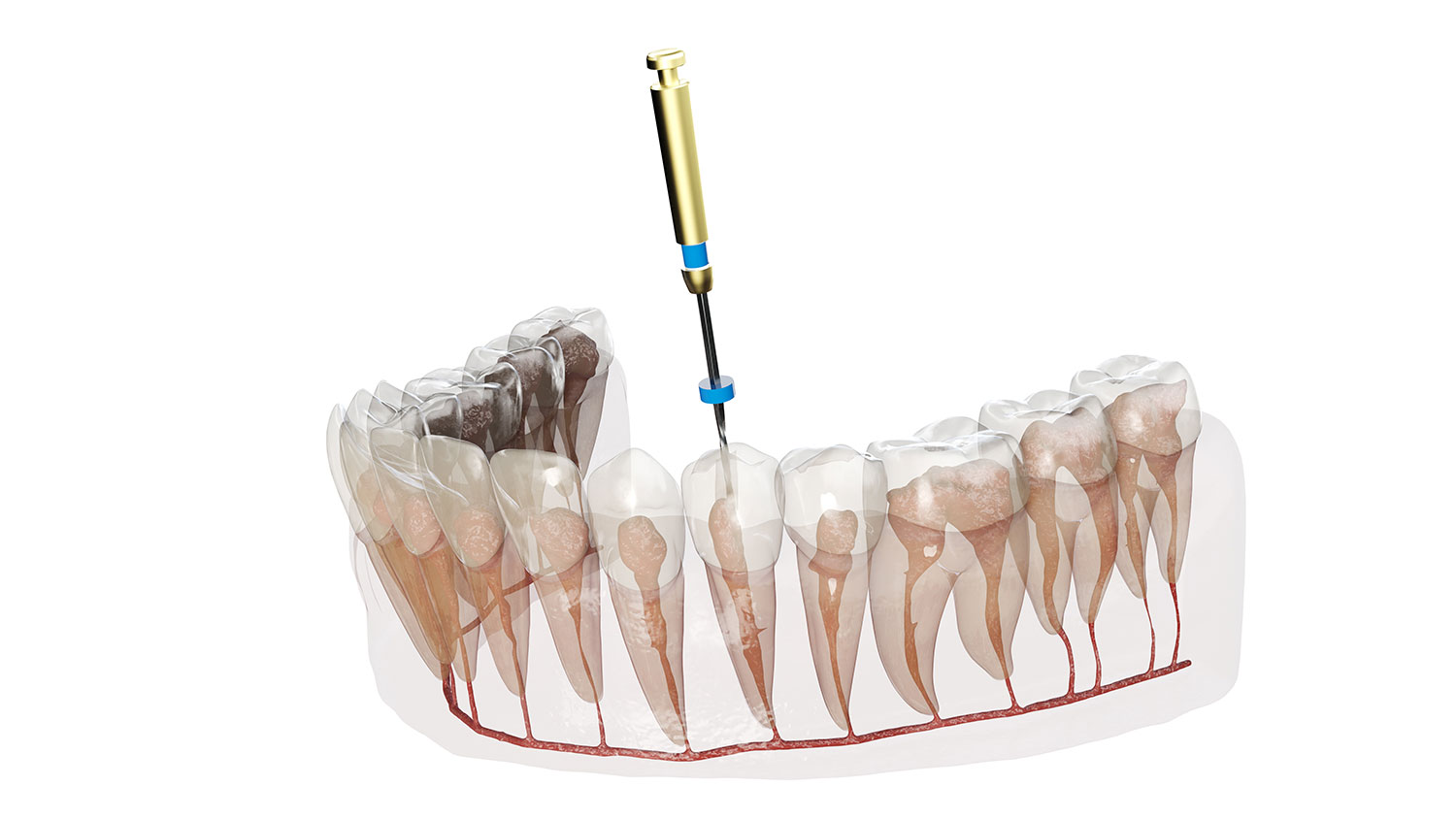Root canal treatment, often referred to as endodontic therapy, is a dental procedure designed to save a tooth that is infected or severely damaged. While the term "root canal" might sound intimidating, understanding the basics of this procedure can help alleviate any concerns and empower you to make informed decisions about your dental health.

What is a Root Canal?
Inside each tooth is a soft tissue called the pulp, which contains nerves, blood vessels, and connective tissue. When the pulp becomes infected or inflamed due to deep decay, a crack or chip in the tooth, or trauma, it can cause severe pain and other symptoms.
Root canal treatment involves removing the infected or damaged pulp from the tooth, cleaning and disinfecting the inside of the tooth, and then sealing it to prevent further infection.
The Procedure:
Local Anesthesia: Before the procedure begins, your dentist will administer local anesthesia to numb the tooth and surrounding area. This ensures that you remain comfortable throughout the treatment.
Access Opening: The dentist will create a small opening in the top of the tooth to access the pulp chamber and root canals.
Pulp Removal: Using specialized instruments, the dentist will carefully remove the infected or damaged pulp from the tooth. The inside of the tooth is then cleaned and shaped to prepare it for filling.
Disinfection: Antimicrobial solutions are used to disinfect the inside of the tooth and eliminate any remaining bacteria.
Obturation(Root Filling): Once the tooth has been cleaned and disinfected, it is filled with a biocompatible material called gutta-percha. This material seals off the pulp chamber and root canals to prevent bacteria from re-entering.
Restoration(Tooth Filling): After the root canal procedure is complete, the tooth may require a temporary or permanent filling to restore its structure and function. In most cases, a dental crown is recommended to provide additional strength and protection to the tooth.
Benefits of Root Canal Treatment:
Preservation of Natural Tooth: Root canal treatment allows you to keep your natural tooth, which is always the best option whenever possible.
Relief from Pain: By removing the infected pulp, root canal treatment can effectively relieve the pain and discomfort associated with tooth infection or damage.
Prevention of Further Complications: Root canal treatment helps prevent the spread of infection to surrounding teeth and tissues, avoiding more serious dental problems in the future.
Aftercare:
Following root canal treatment, it's important to follow your dentist's instructions for post-operative care. This may include taking prescribed medications, practicing good oral hygiene, and attending any follow-up appointments.
In conclusion, root canal treatment is a safe and effective procedure for saving a tooth that is infected or damaged. By understanding the process and benefits of root canal treatment, you can take control of your dental health and enjoy a restored smile for years to come. If you have any questions or concerns about root canal treatment, don't hesitate to speak with us.
